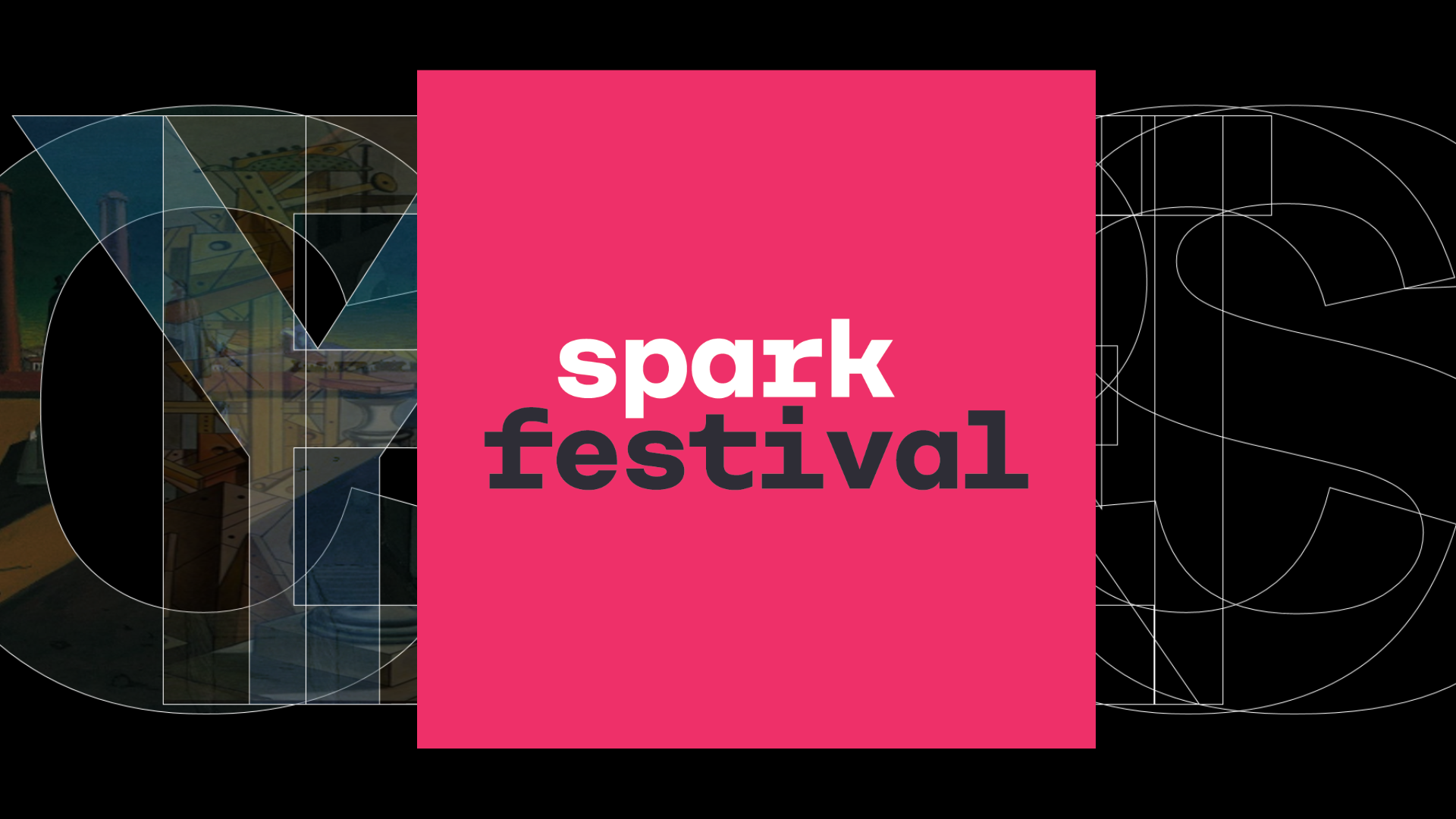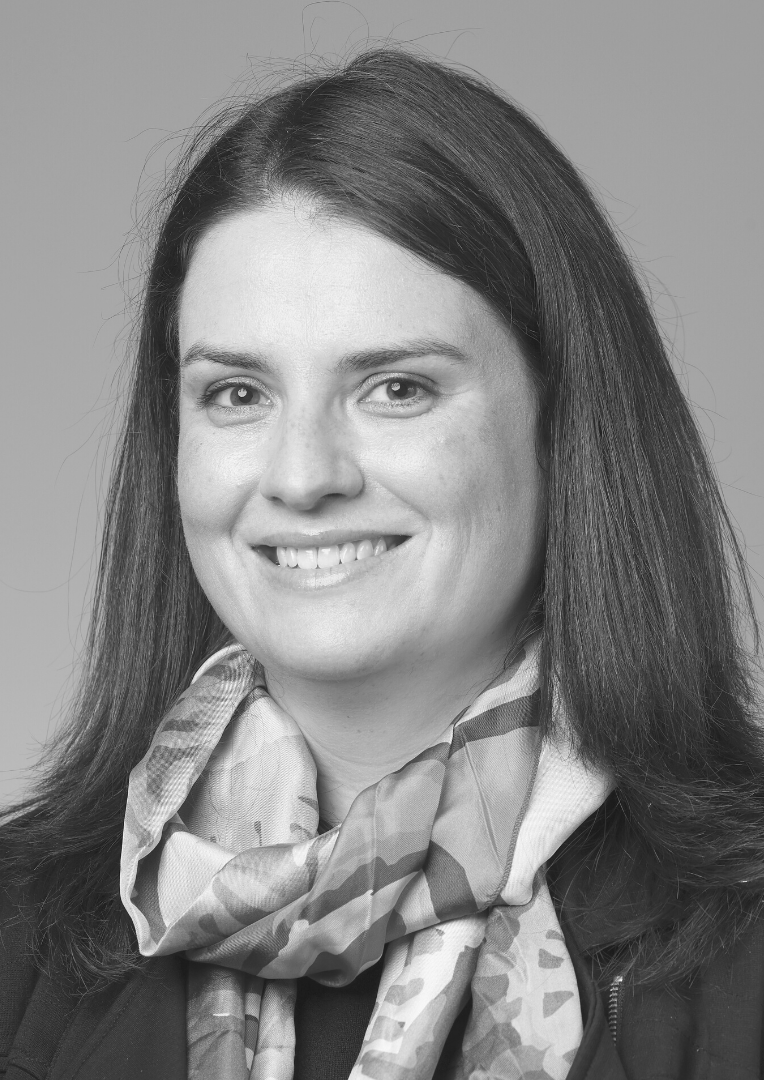Co-authored by Glen Berman and Linda Przhedetsky
Life as a PhD student can be lonely at the best of times.
For PhD students who began their studies during the COVID-19 pandemic, this isolation has been compounded by recent lockdowns and all the disruptions that followed. Consequently, an idea to bring together mid-stage PhD students in person was well received, with over 35 Expressions of Interest from students all around the world.
Glen Berman (ANU School of Engineering and 3AI alum), Linda Przhedetsky (UTS School of Law) and Lorenn Ruster (ANU School of Cybernetics) convened the Innovative Methods for Critical Studies of Emerging Technologies workshop on 8–9 September, welcoming 25 mid-stage PhD students from Australia and New Zealand into the Innovation Space in the ANU Birch Building. The two-day workshop was generously supported by the ANU School of Cybernetics, UTS Law, and the ANU Humanising Machine Intelligence Grand Challenge.
The group was deliberately cross-disciplinary, tied together by a focus on researching emerging technologies. Students from ANU came from the School of Cybernetics, School of Engineering, Crawford School of Public Policy, School of Sociology, Centre for Art History and Theory and Centre for Social and Research Methods. They were joined by students from 10 other universities in disciplines including Law, Engineering, Environment, Media and Communication, Public Health and Preventative Medicine, Computing and Information Systems and more.
The objectives of the workshop were fourfold: to share and learn with each other about innovative methods; to gather feedback on methods-related challenges; to create new networks; and, to have fun in person!
The strength of the workshop was that it was organised by PhD students for PhD students. The majority of the time was spent using a case clinic model. Adapting the idea of coaching circles used by the Presencing Institute, students were able to share a challenge on their mind in small groups and seek feedback in a structured way. It also fostered skills in succinctly sharing research with diverse audiences, as well as deep listening.
Kieran Hegarty (PhD Candidate RMIT) said, “…the case clinics were such an effective format for generating a plan to move through the challenges we (inevitably) face when studying things that are emergent, complex, and complicated! I will certainly be applying the lessons I learnt, as well as the structure of the case clinics, into my work and practice going forward.”
“I took so much more away from the workshop than I expected. It was all so well organised and I appreciated the thought and consideration that went into each part of the workshop. Probably the best thing I’ve attended during my PhD,” - Susan Sheldrick (University of Melbourne, School of Computing and Information Systems).
The group also welcomed special guests. Associate Professor Catherine Frieman (ANU Archaeology) led an interactive workshop to introduce students to archaeological methods for tracing the histories of technologies. Dr Sacha Molitorisz (UTS Centre for Media Transition) shared his wisdom on the value of non-traditional research outputs, the benefits of an interdisciplinary approach and turning research into a book.
The group was also joined by Xuanying Zhu (ANU School of Computing PhD, now School of Cybernetics Lecturer), Gboyega Adeniran (ANU Fenner School of Environment and Society), Simon Copland (ANU School of Sociology) and Pele Cannon (Fenner School of Environment and Society))—who are all in the final stages of their PhD program—for a session on how to overcome challenges and make the most of the PhD experience.
Combined with social events to get to know each other outside of the workshop space, the two days were filled with conversations, reflections, learning and connection. The community formed over these two days will live on through a series of next steps that different group members volunteered to take forward.
“I don’t usually give full marks, but I thought it was an excellent workshop all round and can’t fault it… Trying to put my finger on what made it such a great experience from my perspective, I think it was that it was self-organised and collaborative… We all found each other… as a group of researchers in the earliest stages of our development, all looking at tech, all looking at it critically, all thinking a lot about method… I’d recommend this format to any future PhD doing work that’s across disciplines” Libby Young (USyd (Law), Monash (Media Studies), ADM+S) said.

REGISTER: So you want to be ethical? Now what? | 26 October, 11:30 am - 1:00 pm
Lorenn will lead this Spark Festival workshop.

